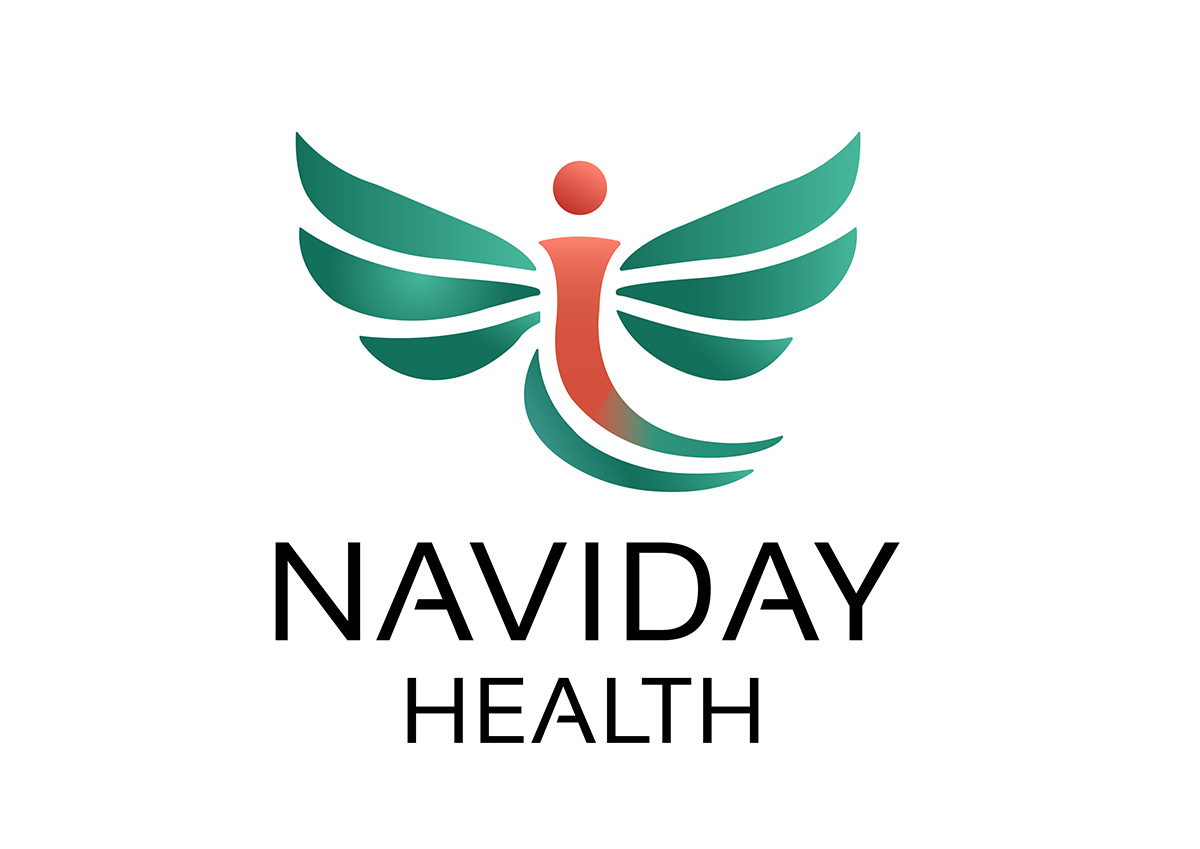
Women’s health is a unique and complex journey. Many women are prescribed multiple medications, often for conditions like hormone imbalances, autoimmune diseases, and mental health concerns. In fact, women are more likely than men to take several medications at the same time, which can increase the risk of side effects and medication interactions (Harvard Health). At the same time, stress—whether from work, family, or caregiving—can affect how well those medications work.
That’s why women’s health and stress management go hand in hand. If stress isn’t managed properly, it can interfere with medications, trigger chronic health problems, and make everyday life harder.
Why Women Are on More Medications — and Why It Matters
According to studies from the National Library of Medicine, women are prescribed more medications than men. These may include treatments for:
- Hormonal health (like birth control or menopause therapy)
- Autoimmune diseases (such as lupus and rheumatoid arthritis)
- Mental health (depression and anxiety medications)
- Heart health (especially after menopause)
This situation, known as polypharmacy, requires careful attention to avoid harmful drug interactions. And when you add stress to the mix, medications may not work as expected. As noted by the American Psychological Association, chronic stress affects hormones, the immune system, and even the way the body absorbs medication.
The Role of Stress in Women’s Health
Stress can have a major impact on women’s health and stress management is crucial for staying healthy. The Office on Women’s Health explains that stress affects women’s hormones like estrogen and progesterone, influences the immune system, and can make chronic conditions worse.
Stress can also lead to poor medication adherence, meaning women may forget doses or stop taking medications altogether (American Heart Association). This makes stress management just as important as any pill in the medicine cabinet.
Simple Daily Strategies for Better Health
Managing stress doesn’t always mean adding another prescription. Here are three simple, proven ways to bring balance into your daily routine:
1. Mental Health Micro-Practices
Taking a moment to breathe deeply or meditate can help clear your mind. Mayo Clinic shares that even short mindfulness exercises can lower stress and improve focus.
- Try guided breathing apps during breaks
- Spend 2 minutes in silence to reset between meetings
- Keep a small journal to write down thoughts and feelings
These mental breaks also help you stay on top of medications, especially when stress makes it harder to remember.
2. Physical Movement: Small Changes, Big Impact
You don’t have to hit the gym every day. Simple movements like walking meetings combine work with wellness. The Centers for Disease Control and Prevention says that just 10 minutes of movement can boost your mood and health. Harvard Business Review also recommends walking meetings to increase energy and creativity.
- Suggest a walking meeting with coworkers
- Do desk stretches every hour
- Take a short yoga session during breaks
3. Mind-Body Connection: Yoga and Meditation
Yoga is more than stretching — it helps reduce stress, improve focus, and support medication effectiveness. The National Center for Complementary and Integrative Health confirms that yoga helps with chronic pain, mental health, and stress-related issues.
- Start with 10-minute yoga videos for beginners
- Join a local yoga class for guided practice
- Combine yoga and meditation for full mind-body support
When thinking about women’s health and stress management, these physical and mental practices offer powerful tools that work alongside your medications to help you feel better.
A Call to Action: Take Charge of Your Health
Women deserve healthcare that sees the whole person, not just the prescription list. Managing medications and stress is critical for feeling your best. Whether it’s a walking meeting, mindful breathing, or a quick yoga session, small steps make a big difference over time.
If you’re struggling to manage medications and stress, talk to your healthcare provider about adding these practices into your care routine.
Final Thought
Women are caregivers, professionals, and community leaders. To thrive in these roles, women’s health and stress management need to be part of everyday life. By combining smart medication use with stress-reducing activities, women can take charge of their health journey.
👉 Want an easier way to track your medications and wellness routines?
Check out The Owl App by knowRX — a tool to help you manage medications, track health insights, and stay on top of your daily wellness plan. Learn more here


